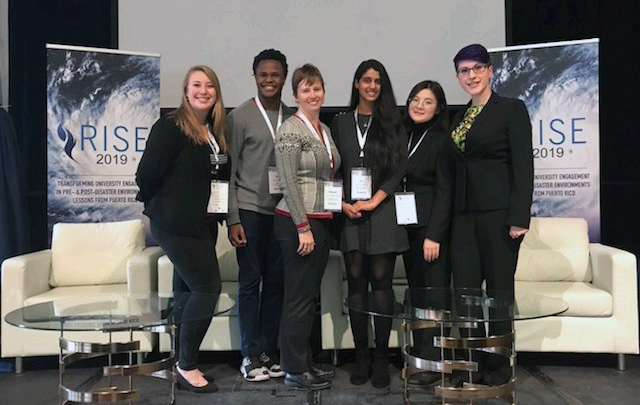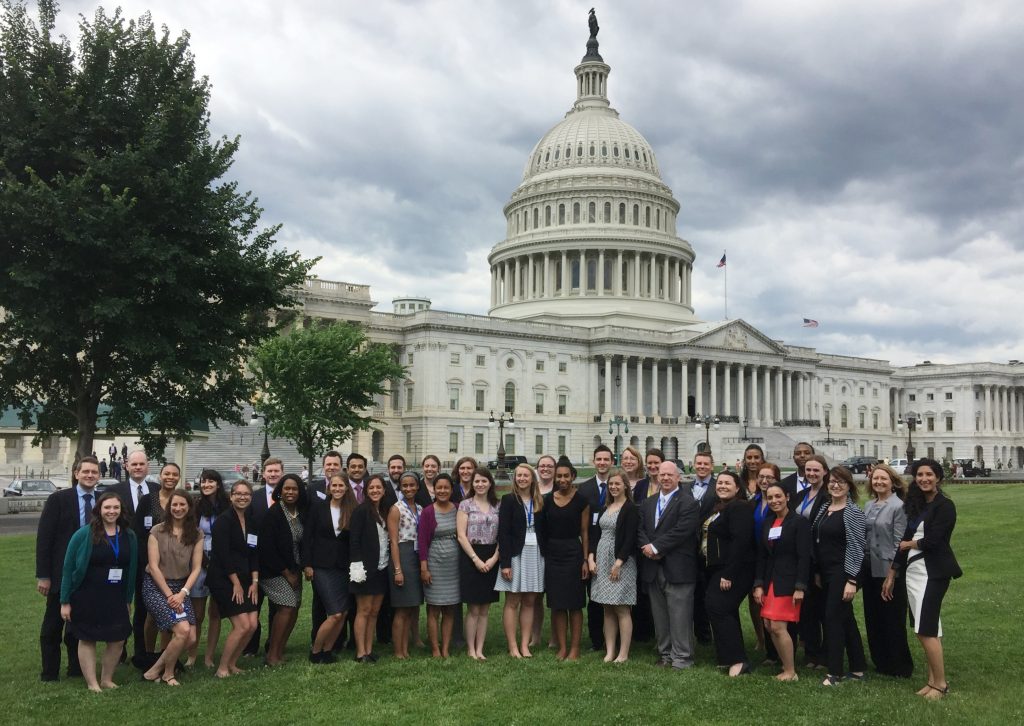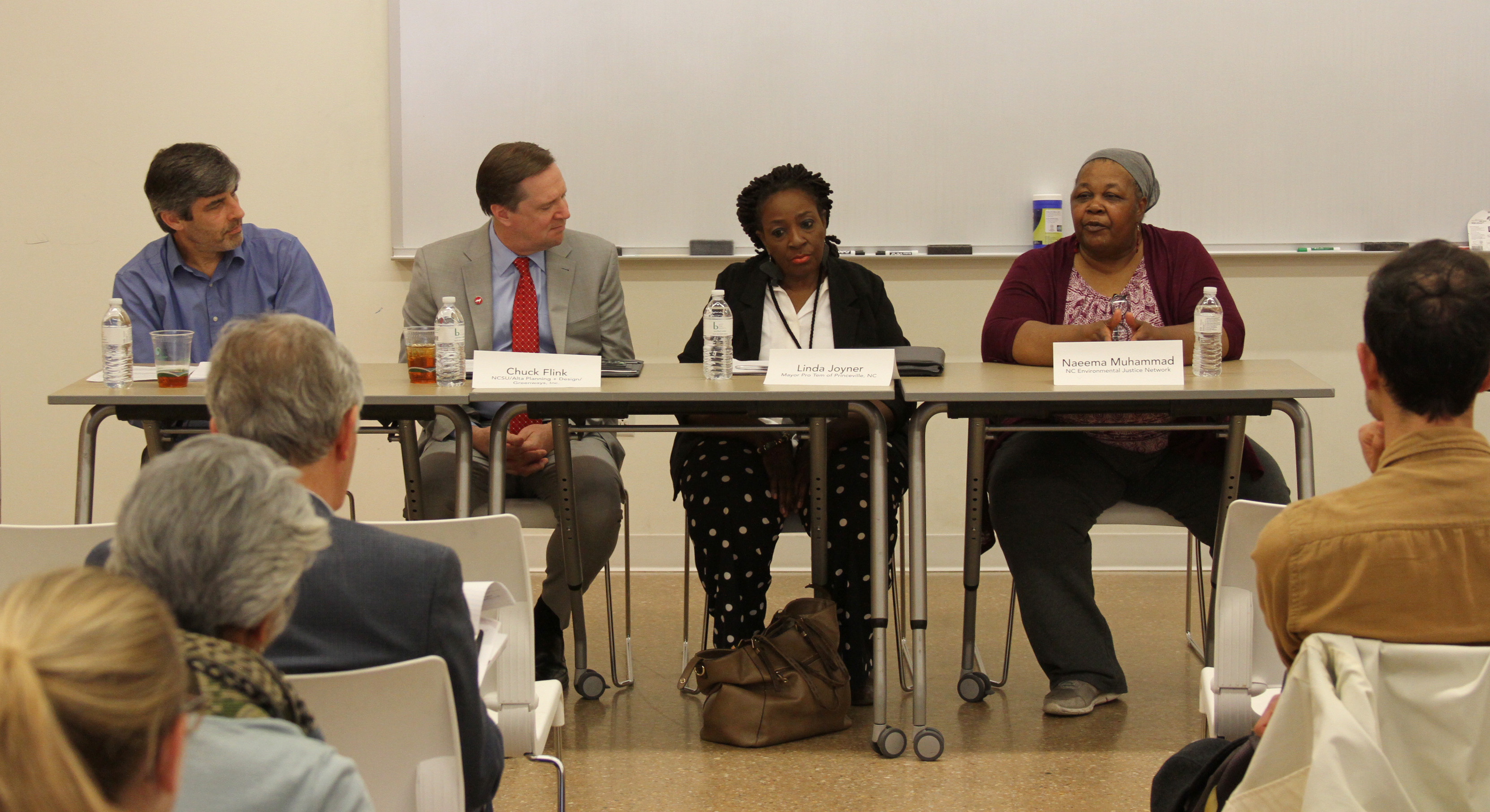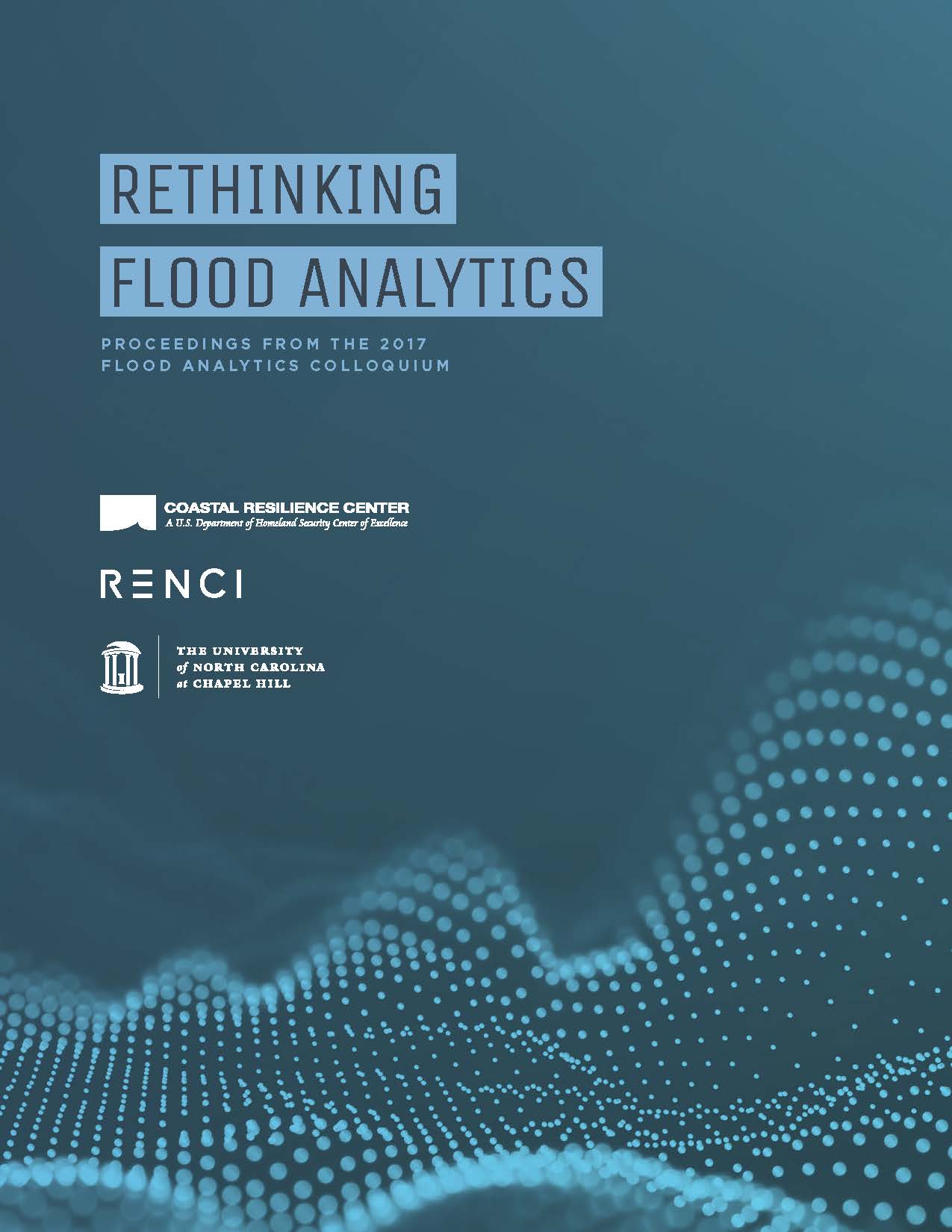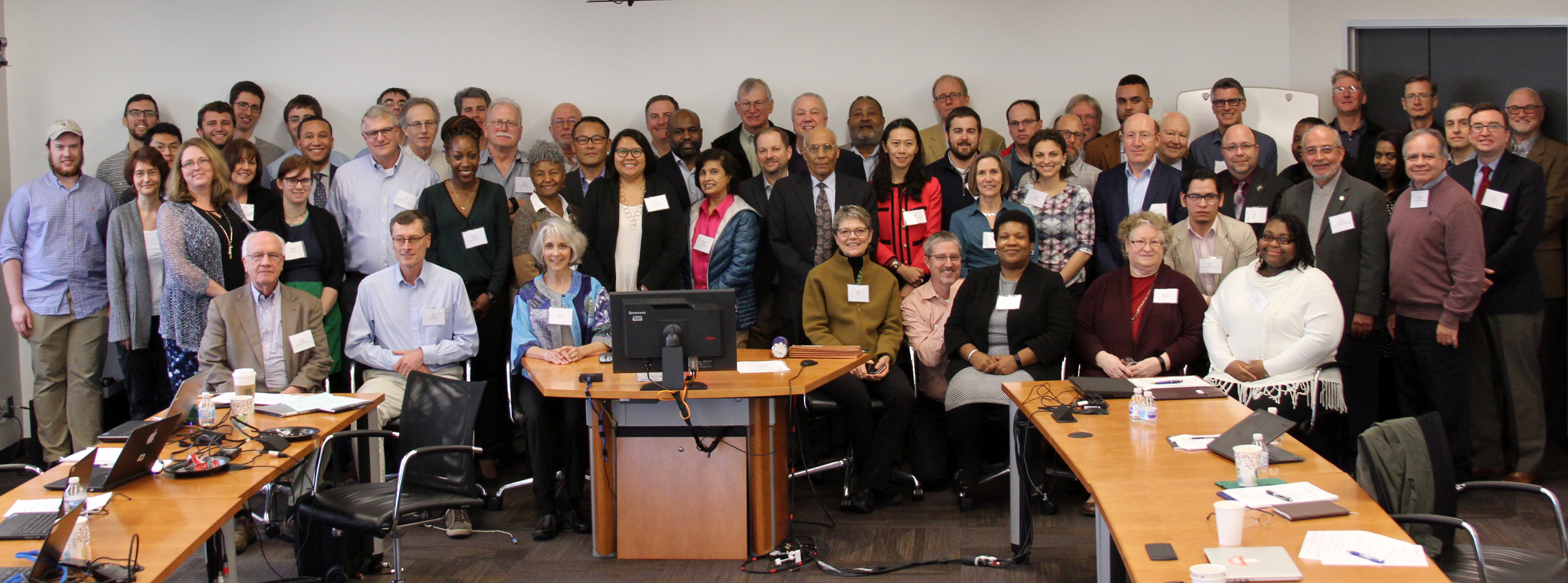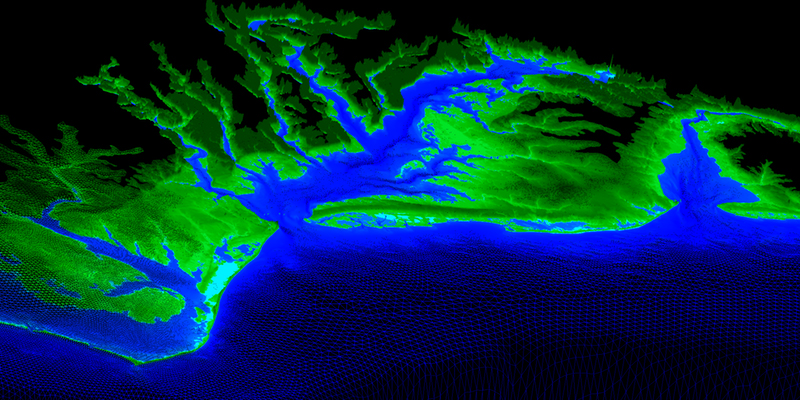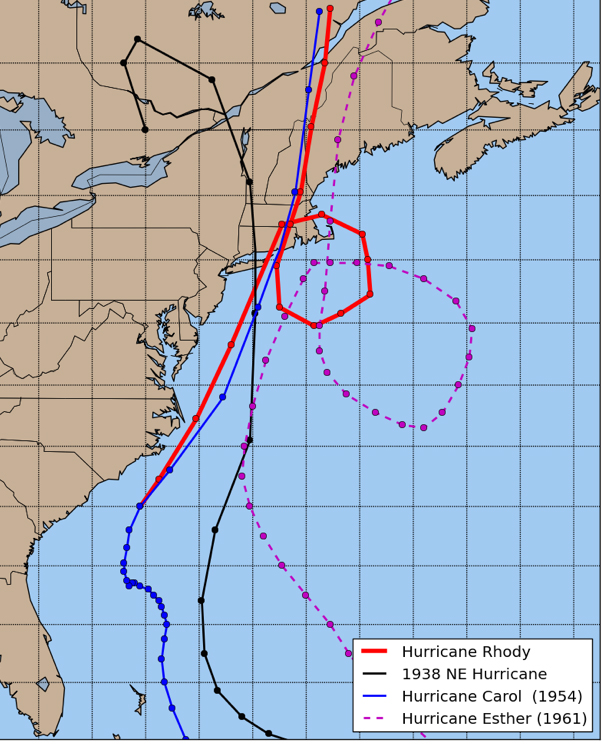By Olivia Vilá, North Carolina State University
Once a week for the first semester of my PhD program, I would commute from Raleigh to Chapel Hill and back on the public bus, since I didn’t have a car, to be able to attend Dr. Gavin Smith’s Planning for Natural Hazards and Climate Change Adaptation course at the University of North Carolina at Chapel Hill. The return journeys were especially long and tiresome, since the express route had stopped running by the time class ended. Despite arriving home physically exhausted, often after 11 p.m., I always walked through the door feeling mentally energized and inspired. This was because I had spent the evening learning about natural hazards and disasters, not just from Dr. Smith, but from dozens of graduate students from diverse academic backgrounds, including planning, law, economics, anthropology and geography. Class discussions were impossibly rich as a result of the many perspectives represented in the class, and often illuminated the complexity of the issues being discussed. Our dialogues were true interdisciplinary experiences that planted the seeds for HazNerds, a graduate student group at North Carolina State University (NCSU) for students interested in hazards and disasters.
The need for a hazard student group was particularly prevalent at NCSU, where graduate students from across the university do hazards-related research but can be disconnected from those who shared similar interests and goals. I began to understand the broad spectrum of graduate students engaging in this type of research when I started working on an interdisciplinary disaster recovery research project after Hurricane Florence in 2018. Not only did I begin to realize there were other “hazard nerds” like me, I was suddenly working side by side with them. At this point, I began to acknowledge a support gap for students like myself. Although my department, the Department of Parks, Recreation, and Tourism Management, has a great support system for their graduate students, the resources and opportunities they provide to graduate students are, understandably, not tailored to the needs of those engaging in hazard and disaster-related work. This same gap was felt by many other graduate students across many departments on campus. At the time, I relied on resources and opportunities relayed by The Natural Hazards Center (NHC) at the University of Colorado. While they are an excellent resource, my interactions with the NHC felt distant, considering they were nearly 2,000 away and only accessible digitally. Continue reading


